-
 Brain hack: Neuroscience tips to make New Year’s resolutions stickDecember 18, 2025A UAB assistant professor explains neuroplasticity and offers tips to help maintain newly set goals and habits in the new year.
Brain hack: Neuroscience tips to make New Year’s resolutions stickDecember 18, 2025A UAB assistant professor explains neuroplasticity and offers tips to help maintain newly set goals and habits in the new year. -
 Lubin selected for AES Distinguished Service AwardDecember 4, 2025Farah Lubin, Ph.D., FAES, distinguished Triton Endowed Professor and Vice Chair of Trainee Engagement and Development, has been honored with the AES Distinguished Service Award.
Lubin selected for AES Distinguished Service AwardDecember 4, 2025Farah Lubin, Ph.D., FAES, distinguished Triton Endowed Professor and Vice Chair of Trainee Engagement and Development, has been honored with the AES Distinguished Service Award. -
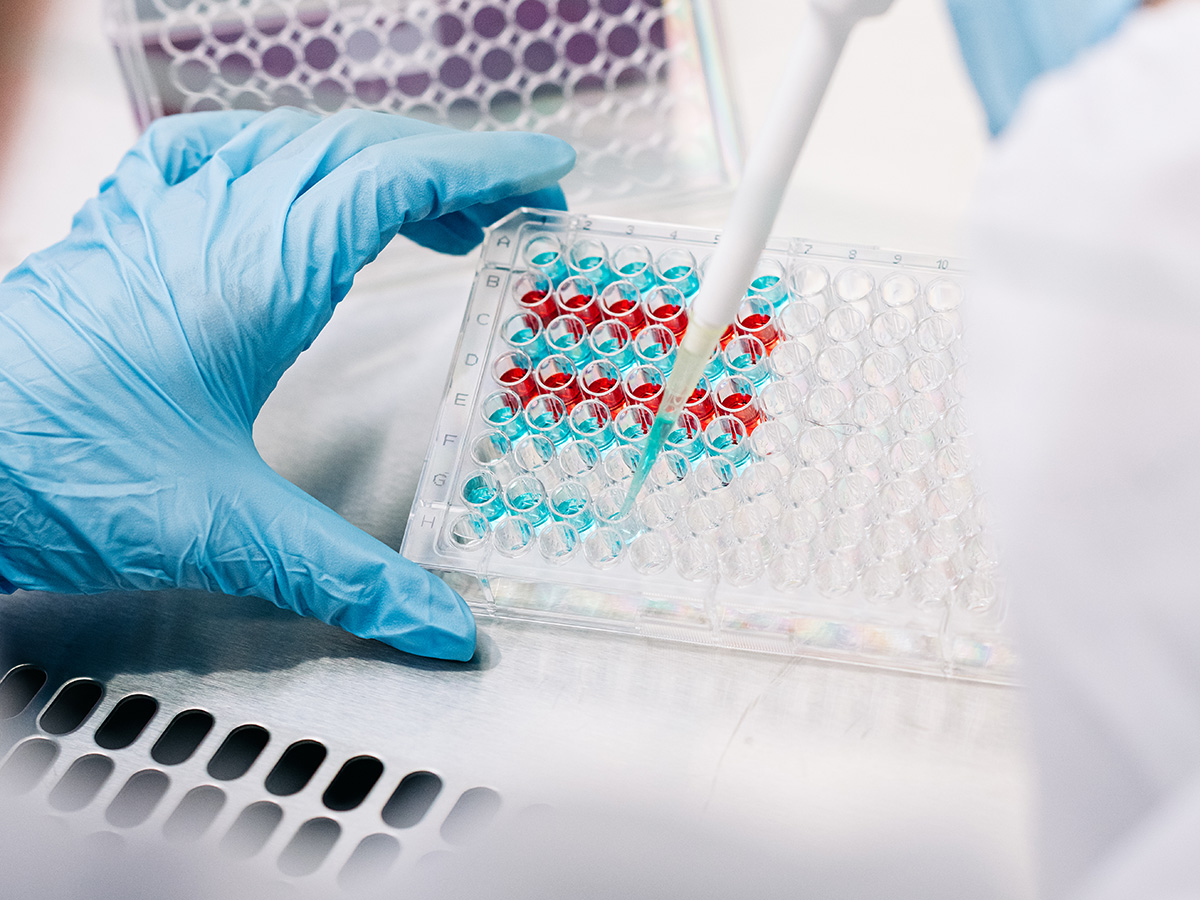 UAB researchers are developing safer psychedelic-inspired therapeutics to treat depression and addictionNovember 25, 2025Neurobiologists at UAB are studying a lab-made compound called tabernanthalog, or TBG, which could give new hope for safer, more effective addiction treatments.
UAB researchers are developing safer psychedelic-inspired therapeutics to treat depression and addictionNovember 25, 2025Neurobiologists at UAB are studying a lab-made compound called tabernanthalog, or TBG, which could give new hope for safer, more effective addiction treatments. -
 Power of MemoryNovember 18, 2025A single memory can shape the course of a person’s entire life. For Farah Lubin, Ph.D., distinguished professor in the UAB Department of Neurobiology, memories didn’t just influence her life—they shaped her career, driving her to become a trailblazer in the field of epigenetics and memory research.
Power of MemoryNovember 18, 2025A single memory can shape the course of a person’s entire life. For Farah Lubin, Ph.D., distinguished professor in the UAB Department of Neurobiology, memories didn’t just influence her life—they shaped her career, driving her to become a trailblazer in the field of epigenetics and memory research. -
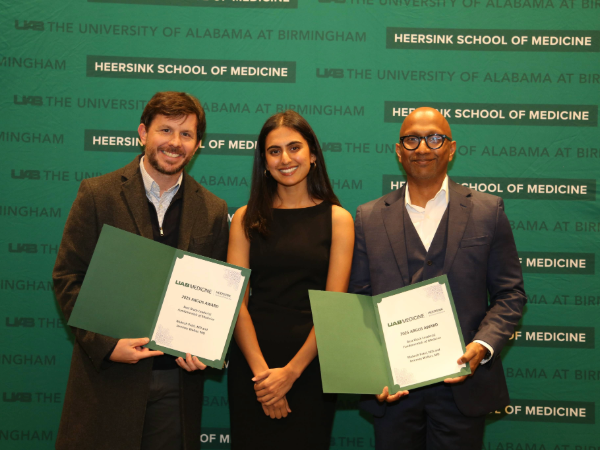 Faculty honored at 2025 Argus Awards ceremonyNovember 17, 2025On Friday, November 14, 2025, students from the UAB Heersink School of Medicine gathered to celebrate faculty excellence during the annual Argus Awards Ceremony.
Faculty honored at 2025 Argus Awards ceremonyNovember 17, 2025On Friday, November 14, 2025, students from the UAB Heersink School of Medicine gathered to celebrate faculty excellence during the annual Argus Awards Ceremony. -
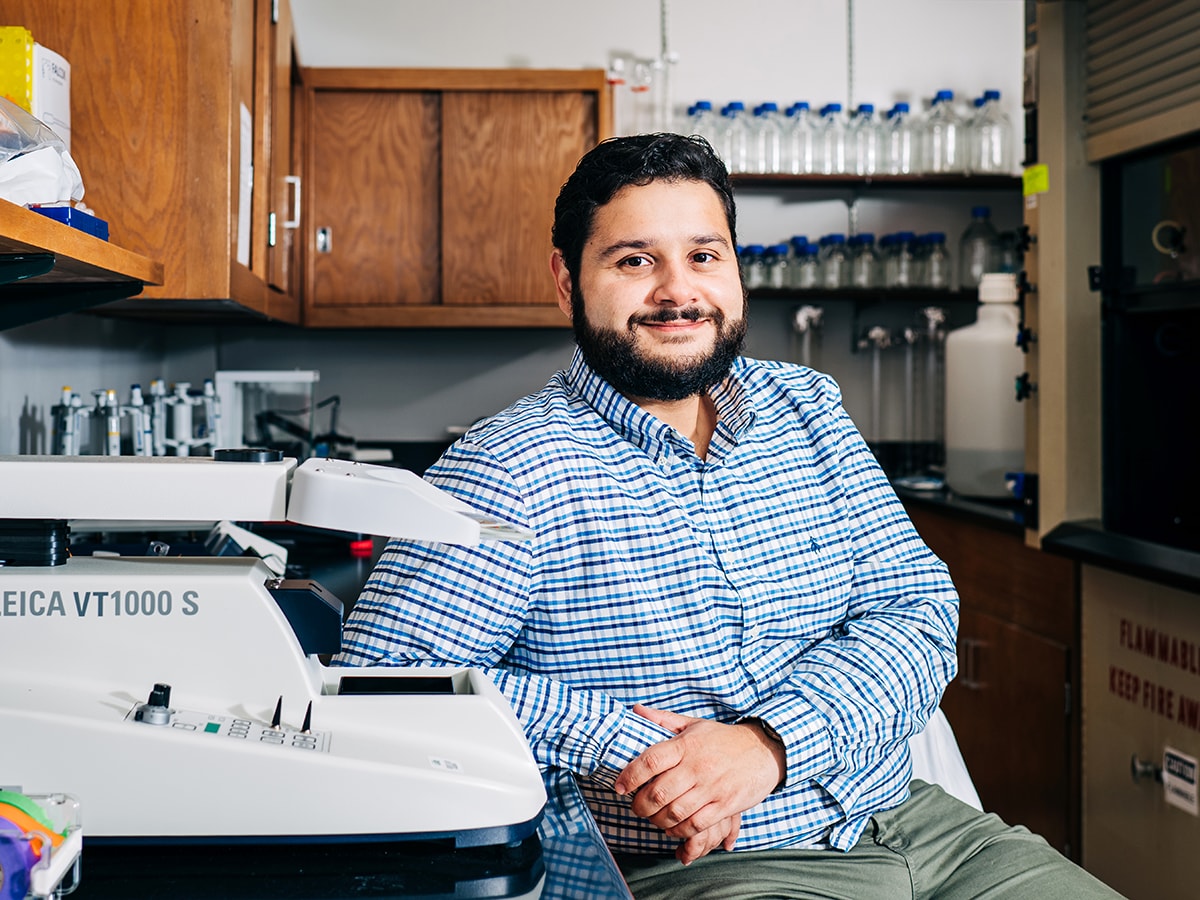 This “dopamine aficionado” is exploring new approaches to a Parkinson’s puzzleNovember 7, 2025UAB neuroscientist Kauê Machado Costa, Ph.D., assistant professor in the Department of Psychology, received a Parkinson's Foundation grant to test an intriguing hypothesis: The cognitive deficits now known to occur in the early years of Parkinson's disease may be a clue that learning-oriented dopamine circuits shift gears to cover for their movement-focused cousins. If Costa’s...
This “dopamine aficionado” is exploring new approaches to a Parkinson’s puzzleNovember 7, 2025UAB neuroscientist Kauê Machado Costa, Ph.D., assistant professor in the Department of Psychology, received a Parkinson's Foundation grant to test an intriguing hypothesis: The cognitive deficits now known to occur in the early years of Parkinson's disease may be a clue that learning-oriented dopamine circuits shift gears to cover for their movement-focused cousins. If Costa’s... -
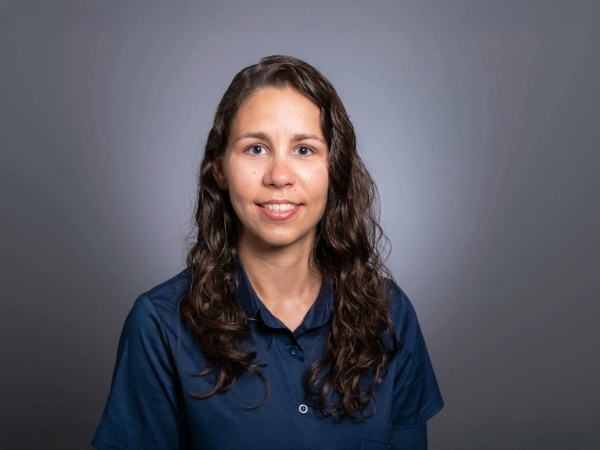 Research in Focus: Ianov published in BioinformaticsOctober 10, 2025A study led by Lara Ianov, Ph.D., assistant professor in the Department of Neurobiology, was published in Bioinformatics for the paper, “scnanoseq: an nf-core pipeline for Oxford Nanopore single-cell RNA-sequencing.”
Research in Focus: Ianov published in BioinformaticsOctober 10, 2025A study led by Lara Ianov, Ph.D., assistant professor in the Department of Neurobiology, was published in Bioinformatics for the paper, “scnanoseq: an nf-core pipeline for Oxford Nanopore single-cell RNA-sequencing.” -
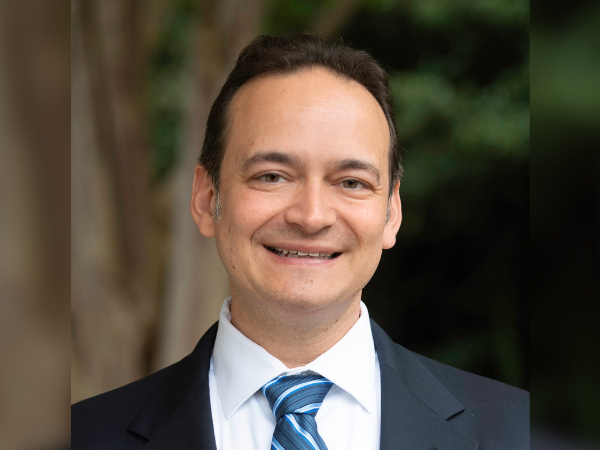 Meet a Civitan Scientist: Luikart makes strides in autism researchSeptember 19, 2025In this installment, Bryan Luikart, Ph.D., a professor in the Department of Neurobiology, explores his research on neurons and genetic mutations that cause autism spectrum disorder.
Meet a Civitan Scientist: Luikart makes strides in autism researchSeptember 19, 2025In this installment, Bryan Luikart, Ph.D., a professor in the Department of Neurobiology, explores his research on neurons and genetic mutations that cause autism spectrum disorder. -
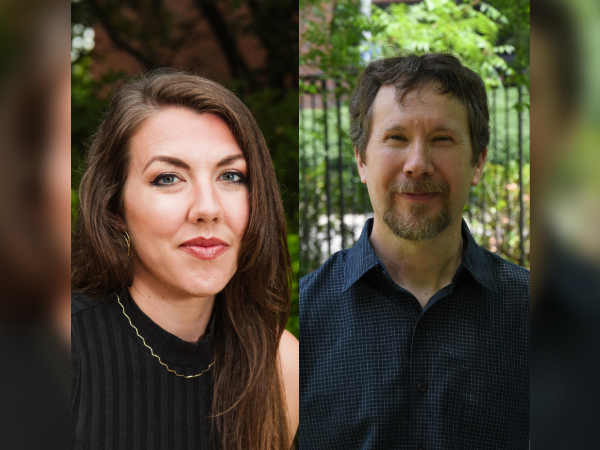 Smith, Cruikshank receive FCIDD McNulty Civitan Scientist Award for SLC6A1 NDDs researchAugust 22, 2025Rachel June Smith, Ph.D., and Scott Cruikshank, Ph.D., have been selected as recipients of the 2025 FCIDD McNulty Civitan Scientist Award. Their collaborative study will use electrophysiological recordings, optogenetics, and computational tools to investigate dysfunctional neuronal circuits associated with SLC6A1 neurodevelopmental disorders.
Smith, Cruikshank receive FCIDD McNulty Civitan Scientist Award for SLC6A1 NDDs researchAugust 22, 2025Rachel June Smith, Ph.D., and Scott Cruikshank, Ph.D., have been selected as recipients of the 2025 FCIDD McNulty Civitan Scientist Award. Their collaborative study will use electrophysiological recordings, optogenetics, and computational tools to investigate dysfunctional neuronal circuits associated with SLC6A1 neurodevelopmental disorders. -
 UAB Biomedical Engineering students win expo with VR-based autism diagnostic toolAugust 1, 2025What if a virtual reality headset could help detect rare forms of autism? That question led six biomedical engineering seniors at UAB to design a groundbreaking diagnostic tool and win first place among more than 60 teams at the university’s Senior Design Expo.
UAB Biomedical Engineering students win expo with VR-based autism diagnostic toolAugust 1, 2025What if a virtual reality headset could help detect rare forms of autism? That question led six biomedical engineering seniors at UAB to design a groundbreaking diagnostic tool and win first place among more than 60 teams at the university’s Senior Design Expo. -
 Boost your brain health with exerciseJuly 24, 2025A UAB brain expert discusses the ways exercise can improve overall brain health.
Boost your brain health with exerciseJuly 24, 2025A UAB brain expert discusses the ways exercise can improve overall brain health. -
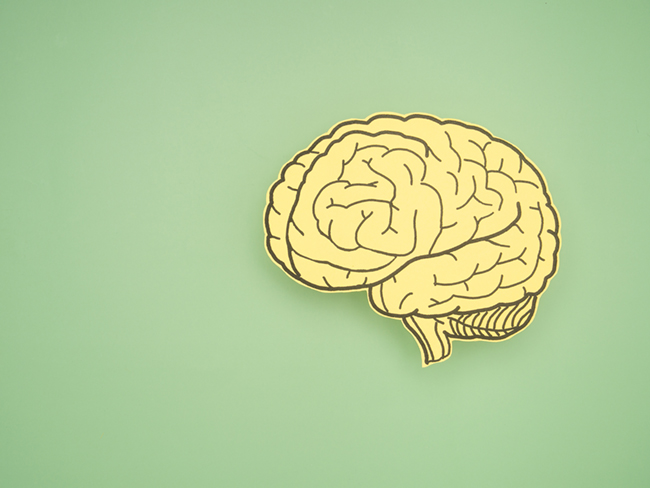 World Brain Day 2025 highlights “Brain Health for All Ages”July 21, 2025July 22 marks the 12th annual World Brain Day, a global campaign led by the World Federation of Neurology (WFN) to promote brain health across all stages of life. This year’s theme, “Brain Health for All Ages,” emphasizes the importance of neurological care from preconception through late adulthood.
World Brain Day 2025 highlights “Brain Health for All Ages”July 21, 2025July 22 marks the 12th annual World Brain Day, a global campaign led by the World Federation of Neurology (WFN) to promote brain health across all stages of life. This year’s theme, “Brain Health for All Ages,” emphasizes the importance of neurological care from preconception through late adulthood. -
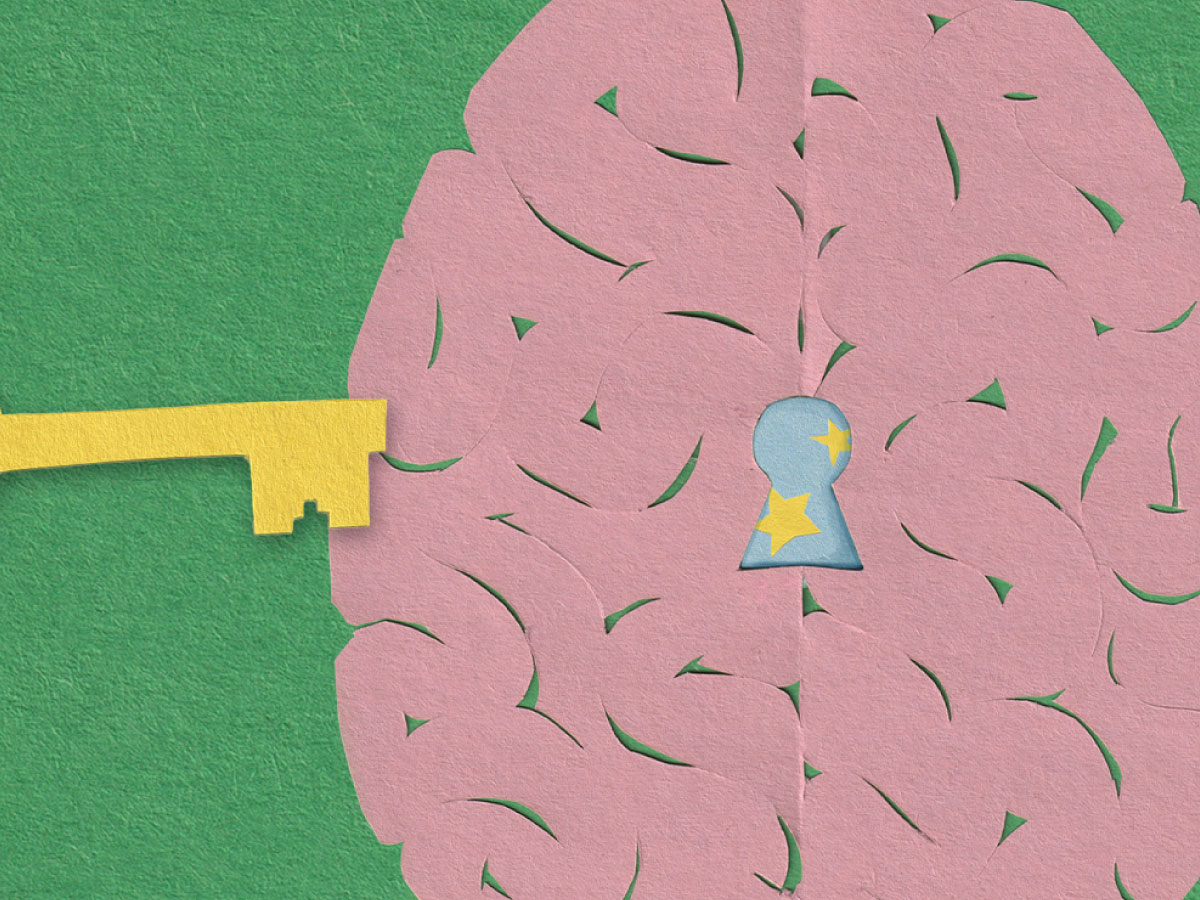 Unlocking Mysteries in the Brain: A powerful philanthropic partnership is transforming research and treatment of intellectual and developmental disabilitiesJune 27, 2025Before there were MRI machines or CT scans—never mind the possibility of using AI to unlock the mysteries of the human brain—there was Civitan International.
Unlocking Mysteries in the Brain: A powerful philanthropic partnership is transforming research and treatment of intellectual and developmental disabilitiesJune 27, 2025Before there were MRI machines or CT scans—never mind the possibility of using AI to unlock the mysteries of the human brain—there was Civitan International. -
 Tarrant named JHS Administrative Director II for Department of NeurobiologyJune 20, 2025The Department of Neurobiology is pleased to announce the appointment of Ashley Tarrant, MPH, as JHS Administrative Director II.
Tarrant named JHS Administrative Director II for Department of NeurobiologyJune 20, 2025The Department of Neurobiology is pleased to announce the appointment of Ashley Tarrant, MPH, as JHS Administrative Director II. -
 Reelin marks cocaine-activated brain neurons and regulates cocaine rewardJune 9, 2025These findings implicate the Reelin signaling pathway as a potential therapeutic target for cocaine use disorder.
Reelin marks cocaine-activated brain neurons and regulates cocaine rewardJune 9, 2025These findings implicate the Reelin signaling pathway as a potential therapeutic target for cocaine use disorder. -
 Postdoctoral fellow spotlight: Meet Harshad P.A., Ph.D.June 2, 2025Harshad P.A., Ph.D., is a postdoctoral fellow in the Department of Neurobiology.
Postdoctoral fellow spotlight: Meet Harshad P.A., Ph.D.June 2, 2025Harshad P.A., Ph.D., is a postdoctoral fellow in the Department of Neurobiology. -
 How exercise shapes a healthier brainMay 20, 2025It’s no secret exercise is good for your body—but what about your brain?
How exercise shapes a healthier brainMay 20, 2025It’s no secret exercise is good for your body—but what about your brain? -
 19 faculty honored with 2025 Dean’s Excellence AwardsApril 30, 2025The UAB Heersink School of Medicine is proud to announce the 19 winners of the 2025 Dean's Excellence Awards for Faculty.
19 faculty honored with 2025 Dean’s Excellence AwardsApril 30, 2025The UAB Heersink School of Medicine is proud to announce the 19 winners of the 2025 Dean's Excellence Awards for Faculty. -
 Postdoctoral fellow spotlight: Meet Maria Jones-Muhammad, Ph.D.April 24, 2025Maria Jones-Muhammad, Ph.D., is a postdoctoral fellow in the Department of Neurobiology. She joined UAB after earning her Ph.D. in neuroscience from the University of Mississippi Medical Center.
Postdoctoral fellow spotlight: Meet Maria Jones-Muhammad, Ph.D.April 24, 2025Maria Jones-Muhammad, Ph.D., is a postdoctoral fellow in the Department of Neurobiology. She joined UAB after earning her Ph.D. in neuroscience from the University of Mississippi Medical Center. -
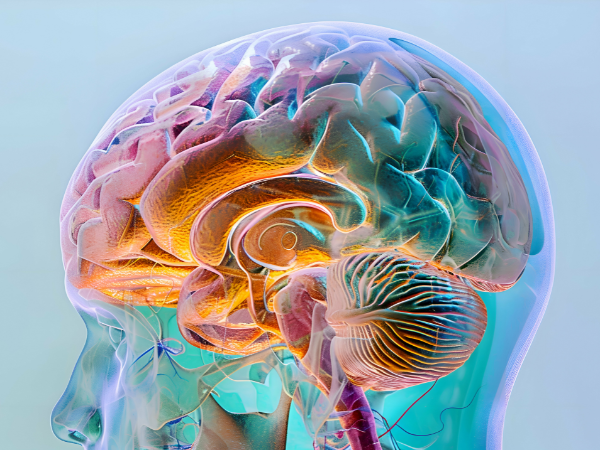 UAB CNBCI hosts 3rd annual NeuroGateways SymposiumApril 21, 2025The Center for Neuroengineering and Brain-Computer Interfaces (CNBCI) under the University of Alabama at Birmingham Marnix E. Heersink School of Medicine hosted its third annual NeuroGateways Symposium on April 10-11 at the UAB Alumni House.
UAB CNBCI hosts 3rd annual NeuroGateways SymposiumApril 21, 2025The Center for Neuroengineering and Brain-Computer Interfaces (CNBCI) under the University of Alabama at Birmingham Marnix E. Heersink School of Medicine hosted its third annual NeuroGateways Symposium on April 10-11 at the UAB Alumni House. -
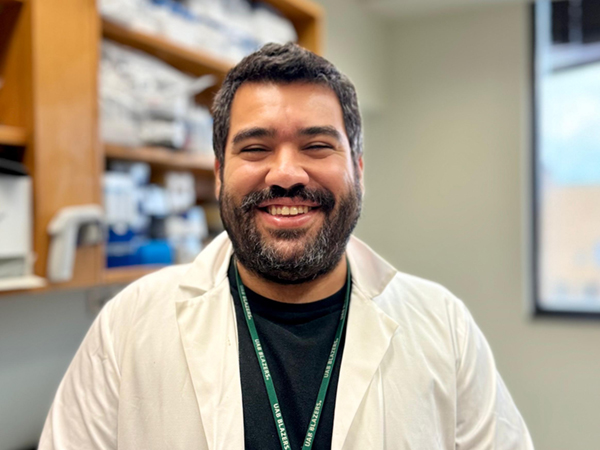 Postdoctoral fellow spotlight: Meet Rodrigo Campos-Cardoso, Ph.D.March 17, 2025Rodrigo Campos-Cardoso, Ph.D., is a postdoctoral fellow in the Department of Neurobiology. He joined UAB after completing his Ph.D. in neuroscience at the University of São Paulo at Ribeirão Preto.
Postdoctoral fellow spotlight: Meet Rodrigo Campos-Cardoso, Ph.D.March 17, 2025Rodrigo Campos-Cardoso, Ph.D., is a postdoctoral fellow in the Department of Neurobiology. He joined UAB after completing his Ph.D. in neuroscience at the University of São Paulo at Ribeirão Preto. -
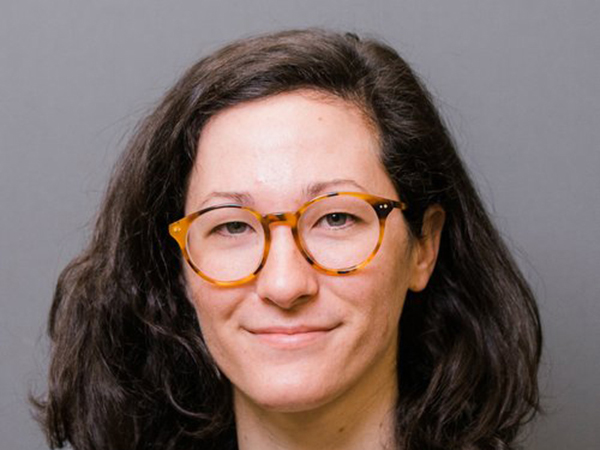 Graduate student spotlight: Meet Kasey BridaFebruary 25, 2025The Department of Neurobiology is excited to highlight the work of graduate students and postdoctoral fellows in the field of neuroscience.
Graduate student spotlight: Meet Kasey BridaFebruary 25, 2025The Department of Neurobiology is excited to highlight the work of graduate students and postdoctoral fellows in the field of neuroscience. -
 Four undergraduate neuroscience students nominated for the Barry Goldwater ScholarshipJanuary 23, 2025Four students from the College of Arts and Sciences—three from the Undergraduate Neuroscience Program and one from the Undergraduate Immunology Program—have been nominated for the prestigious Barry M. Goldwater Scholarship and Excellence in Education Foundation.
Four undergraduate neuroscience students nominated for the Barry Goldwater ScholarshipJanuary 23, 2025Four students from the College of Arts and Sciences—three from the Undergraduate Neuroscience Program and one from the Undergraduate Immunology Program—have been nominated for the prestigious Barry M. Goldwater Scholarship and Excellence in Education Foundation. -
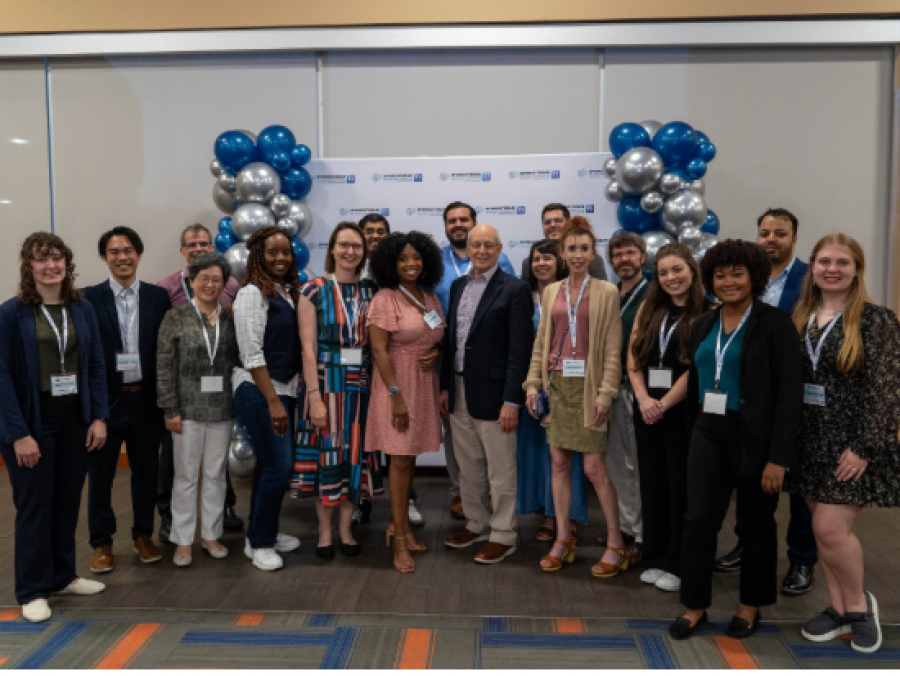 Evelyn F. McKnight Brain Institute at UAB celebrates 20th anniversaryJanuary 8, 2025November 2024 marked 20 years since the establishment of the Evelyn F. McKnight Brain Institute (EMBI) at UAB.
Evelyn F. McKnight Brain Institute at UAB celebrates 20th anniversaryJanuary 8, 2025November 2024 marked 20 years since the establishment of the Evelyn F. McKnight Brain Institute (EMBI) at UAB. -
 Can holiday stress trigger substance abuse? UAB experts weigh inDecember 13, 2024The purchase and consumption of alcohol and substances often increases during the holiday season, and while some may drink to celebrate, others may drink to suppress their feelings.
Can holiday stress trigger substance abuse? UAB experts weigh inDecember 13, 2024The purchase and consumption of alcohol and substances often increases during the holiday season, and while some may drink to celebrate, others may drink to suppress their feelings. -
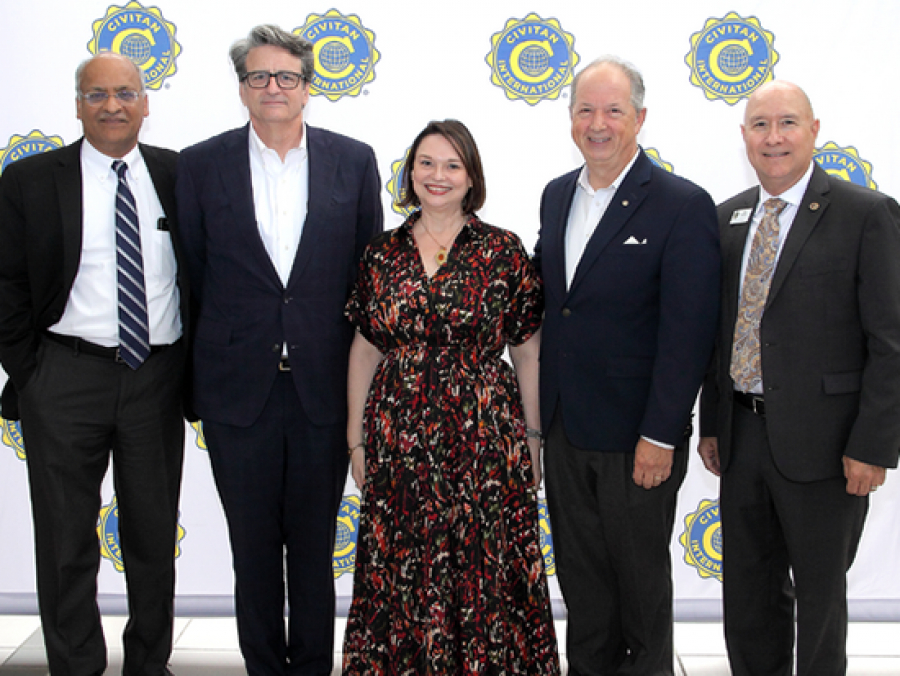 UAB receives $1.25 million pledge from Civitan InternationalNovember 14, 2024The Civitan International Research Center’s mission is to improve the well-being and quality of life of individuals and families affected by intellectual and developmental disabilities.
UAB receives $1.25 million pledge from Civitan InternationalNovember 14, 2024The Civitan International Research Center’s mission is to improve the well-being and quality of life of individuals and families affected by intellectual and developmental disabilities. -
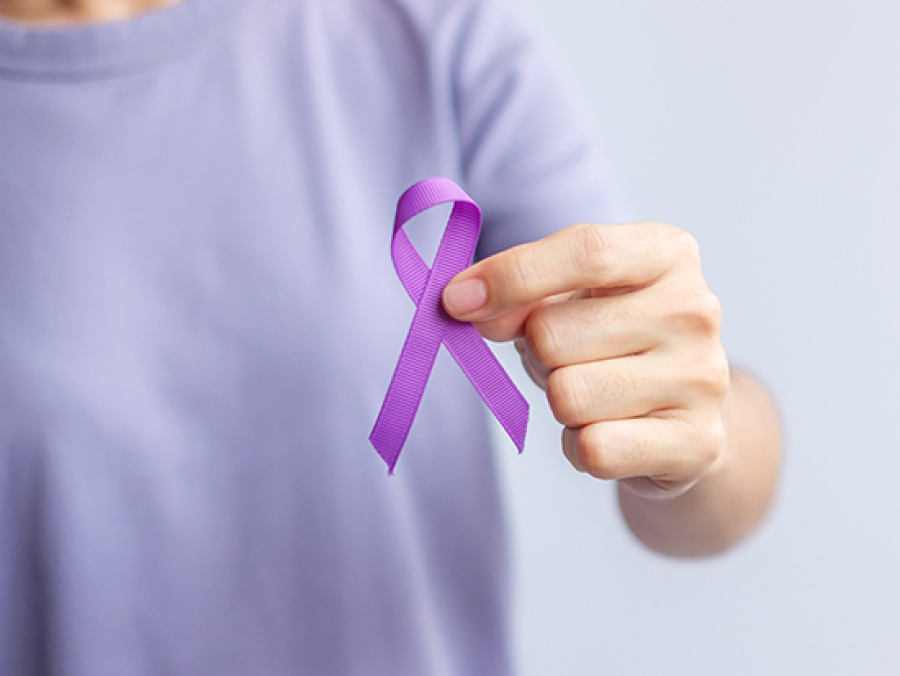 National Epilepsy Awareness Month: Compassionate care and expert insightsNovember 14, 2024National Epilepsy Awareness Month is observed throughout the month of November, providing support, awareness, and education to promote understanding and improve the lives of those effected by epilepsy. At UAB, the Epilepsy Center, located within Civitan International Research Center, offers clinical, research, and educational services to patients with epilepsy.
National Epilepsy Awareness Month: Compassionate care and expert insightsNovember 14, 2024National Epilepsy Awareness Month is observed throughout the month of November, providing support, awareness, and education to promote understanding and improve the lives of those effected by epilepsy. At UAB, the Epilepsy Center, located within Civitan International Research Center, offers clinical, research, and educational services to patients with epilepsy. -
 How much sugar is too much? UAB neuroscientists weigh inOctober 4, 2024Eating foods that contain sugar in regulated amounts may not be exceedingly harmful, but overconsumption of sugar can lead to a significant impact on brain function and overall mood.
How much sugar is too much? UAB neuroscientists weigh inOctober 4, 2024Eating foods that contain sugar in regulated amounts may not be exceedingly harmful, but overconsumption of sugar can lead to a significant impact on brain function and overall mood. -
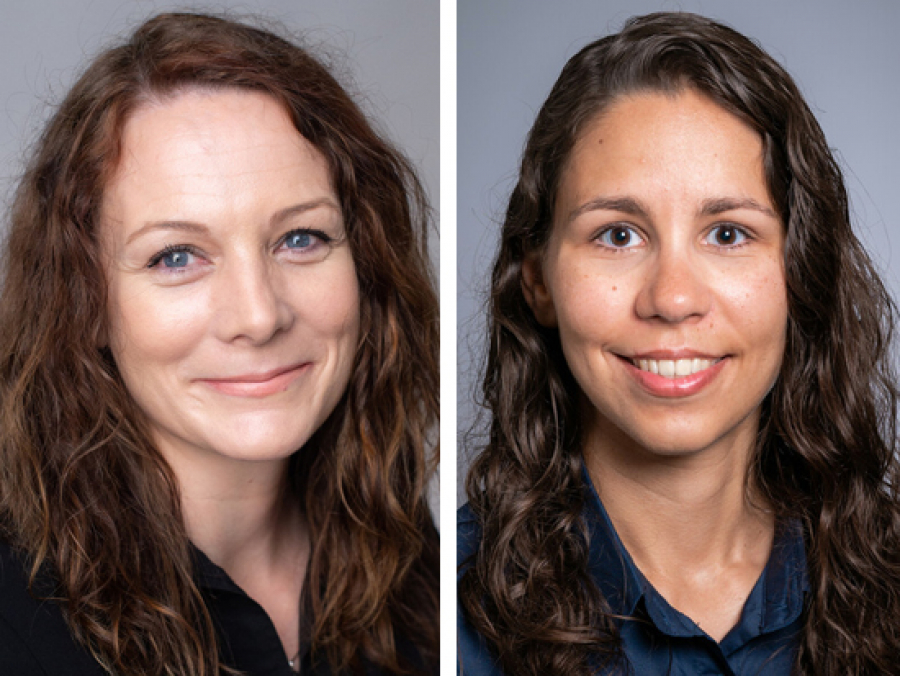 Making sense of the data deluge with the UAB Biological Data Science coreJuly 17, 2024U-BDS specializes in analyzing genomic and transcriptomic data, creating data pipelines, and keeping up with the latest methods and algorithms required for cutting-edge research.
Making sense of the data deluge with the UAB Biological Data Science coreJuly 17, 2024U-BDS specializes in analyzing genomic and transcriptomic data, creating data pipelines, and keeping up with the latest methods and algorithms required for cutting-edge research. -
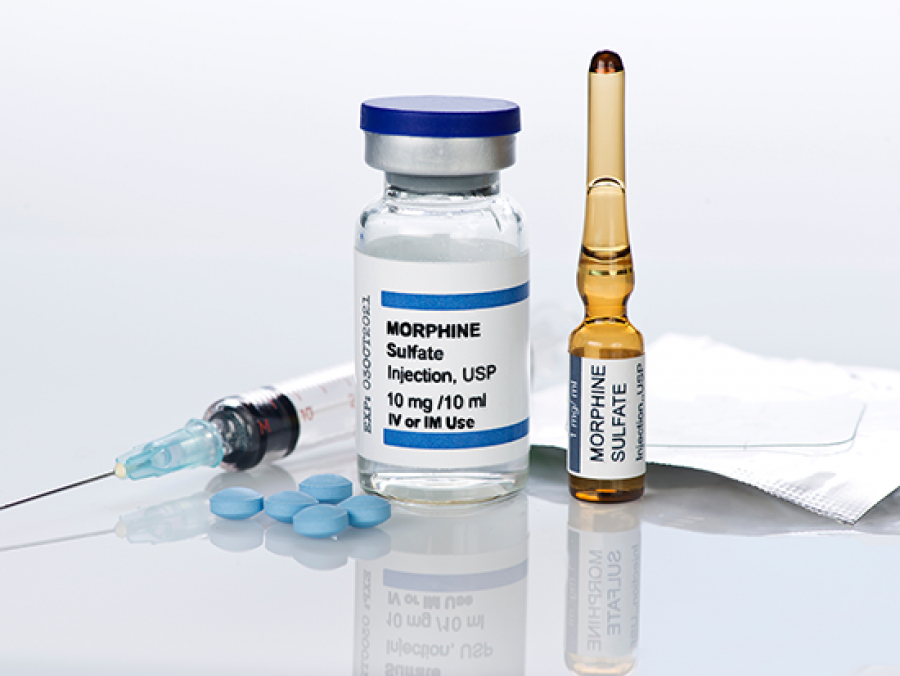 Morphine tolerance results from Tiam1-mediated maladaptive plasticity in spinal neuronsApril 9, 2024Understanding the mechanisms underlying tolerance and hyperalgesia is essential to enhance morphine’s utility in chronic pain management.
Morphine tolerance results from Tiam1-mediated maladaptive plasticity in spinal neuronsApril 9, 2024Understanding the mechanisms underlying tolerance and hyperalgesia is essential to enhance morphine’s utility in chronic pain management.